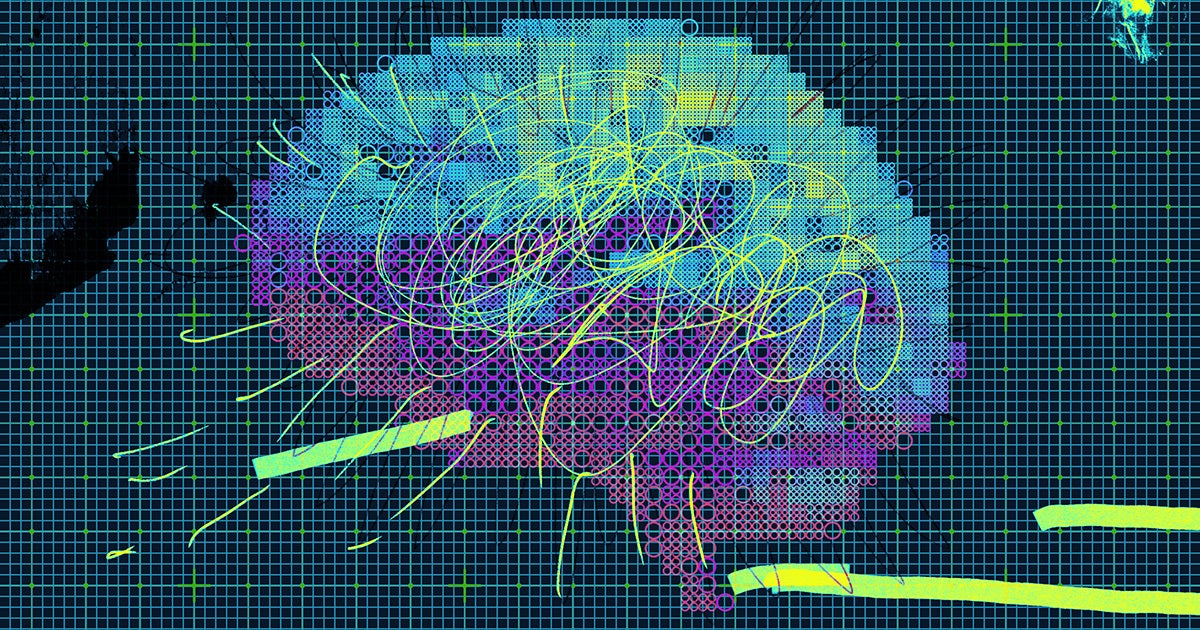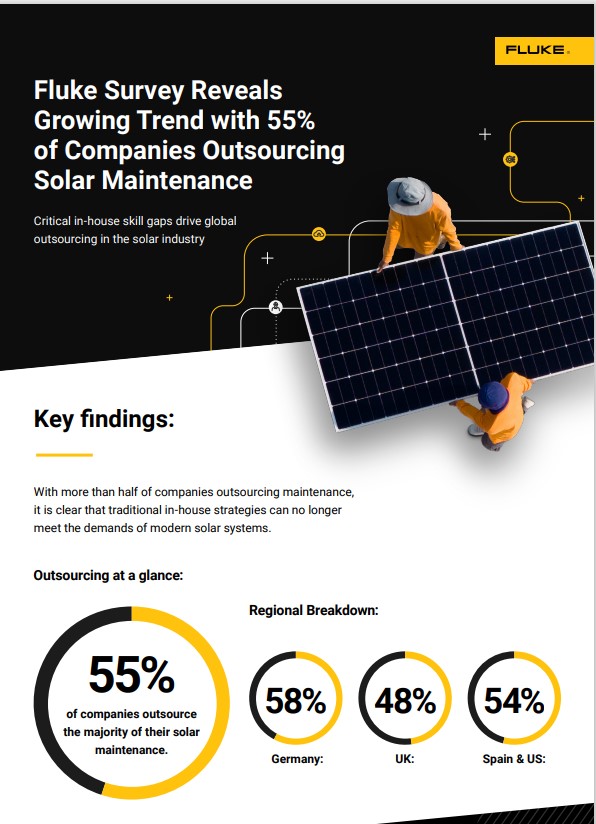Dark Side of Innovation: What Brain Implant Firms Don't Want You to Know
Companies
2025-04-29 19:11:26Content

In a striking move that highlights growing concerns about privacy in neurotechnology, a group of Democratic senators has raised urgent red flags about data collection practices in the brain implant industry. The letter, which has sent ripples through the tech and medical communities, warns of potential invasive data harvesting by companies developing cutting-edge neural interface technologies.
These brain-computer interface technologies, once the stuff of science fiction, are rapidly becoming a reality. Companies like Neuralink are pioneering implantable devices designed to connect human brains directly to computers, promising revolutionary treatments for neurological conditions and potential cognitive enhancements. However, the senators argue that these technological advances come with significant privacy risks.
The core concern centers on the unprecedented level of personal data these brain implants could potentially collect. Imagine a device that not only reads neural signals but potentially captures intimate details of a person's thoughts, memories, and cognitive processes. This level of data collection raises profound ethical questions about personal privacy, consent, and the potential for misuse.
By bringing this issue to the forefront, the senators are calling for immediate regulatory scrutiny and robust safeguards to protect individuals' neural data. Their letter serves as a critical reminder that as technology continues to blur the lines between human cognition and digital interfaces, we must remain vigilant about protecting fundamental rights to mental privacy.
Neurotechnology's Dark Side: Senators Expose Invasive Brain Implant Data Harvesting Risks
In an unprecedented era of technological advancement, the boundaries between human cognition and digital surveillance are rapidly blurring. As brain-computer interface technologies surge forward, democratic lawmakers are raising critical alarms about the potential privacy and ethical implications of emerging neurotechnology.Protecting Cognitive Sovereignty in the Digital Frontier
The Emerging Landscape of Neural Data Exploitation
Neurotechnology companies are pushing unprecedented boundaries in human-machine interaction, developing sophisticated brain implants that can decode neural signals with remarkable precision. These cutting-edge devices, designed to assist individuals with neurological conditions, simultaneously present profound privacy vulnerabilities. Researchers and technology developers are creating interfaces that can potentially map intricate neural patterns, raising significant concerns about unauthorized data extraction and potential misuse of deeply personal cognitive information. The technological ecosystem surrounding brain-computer interfaces represents a complex intersection of medical innovation, artificial intelligence, and potential surveillance mechanisms. Companies developing these neural technologies are not merely creating medical devices but are constructing sophisticated platforms capable of interpreting human thought processes with unprecedented granularity.Legislative Intervention and Ethical Considerations
Democratic senators have initiated a critical dialogue about the unregulated landscape of neural data collection. Their comprehensive investigation reveals substantial gaps in current legislative frameworks governing neurotechnology privacy protections. By highlighting potential risks associated with unrestricted brain implant data harvesting, these lawmakers are attempting to establish robust safeguards that protect individual cognitive autonomy. The proposed legislative interventions aim to create comprehensive regulatory mechanisms that balance technological innovation with fundamental human rights. These proposed frameworks would mandate transparent data collection practices, require explicit user consent, and establish strict limitations on how neural data can be utilized by private corporations and governmental entities.Technological Implications and Societal Transformations
Brain implant technologies represent more than mere medical interventions; they symbolize a profound technological revolution challenging traditional concepts of personal privacy. The potential applications range from medical rehabilitation to enhanced cognitive capabilities, creating a complex ecosystem of ethical and technological considerations. Neuroscientists and technology ethicists are engaged in rigorous debates about the long-term societal implications of these neural interfaces. The ability to decode and potentially manipulate neural signals raises fundamental questions about human agency, consent, and the boundaries of technological intervention in human consciousness.Global Perspectives on Neurotechnology Regulation
International regulatory bodies are increasingly recognizing the critical need for comprehensive frameworks governing neural data collection. Different nations are developing unique approaches to address the complex challenges presented by brain-computer interface technologies, reflecting diverse cultural and ethical perspectives on technological innovation. European regulatory models emphasize stringent privacy protections, while emerging technological hubs in Asia are exploring more flexible regulatory approaches that prioritize rapid technological development. These divergent strategies highlight the global complexity of managing neurotechnology's transformative potential.Future Trajectories and Technological Evolution
As brain implant technologies continue to advance, the intersection of neuroscience, artificial intelligence, and privacy rights will become increasingly complex. The current legislative efforts represent initial steps toward creating a balanced ecosystem that protects individual cognitive sovereignty while fostering technological innovation. Ongoing research and development in neural interface technologies promise unprecedented opportunities for medical intervention, cognitive enhancement, and human-machine interaction. However, these advancements must be accompanied by robust ethical frameworks and comprehensive regulatory mechanisms to prevent potential misuse and protect fundamental human rights.RELATED NEWS
Companies

Pranks & Profits: Corporate Comedy Takes Center Stage on April Fools' Day 2025
2025-04-01 13:00:00
Companies

Kingsoft Cloud (NASDAQ:KC) Surges: Public Investors Ride the 23% Stock Rally Wave
2025-02-15 12:02:19
Companies

Solar Maintenance Outsourcing Surges: 55% of Companies Admit Critical Skills Shortage
2025-04-02 14:34:00





